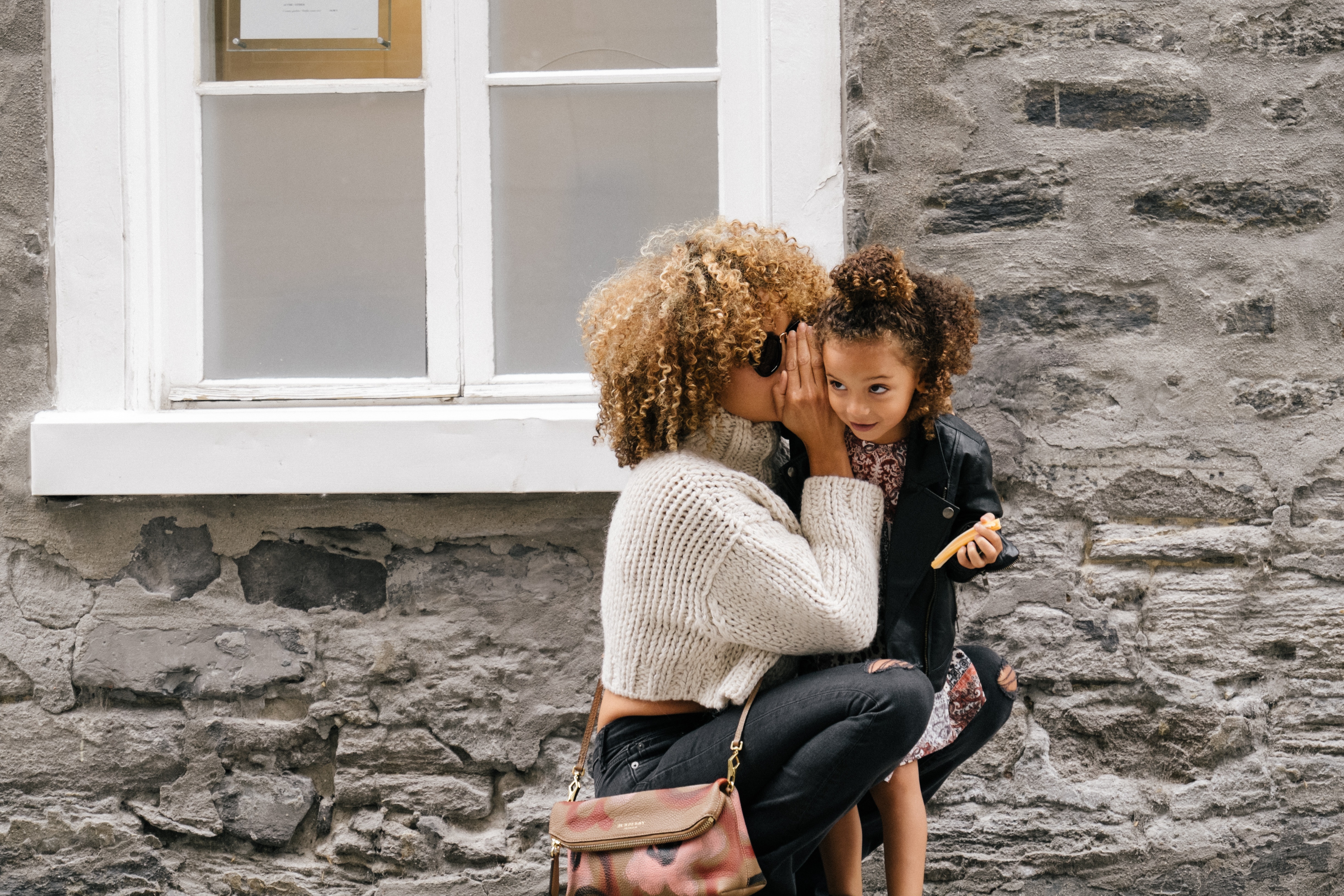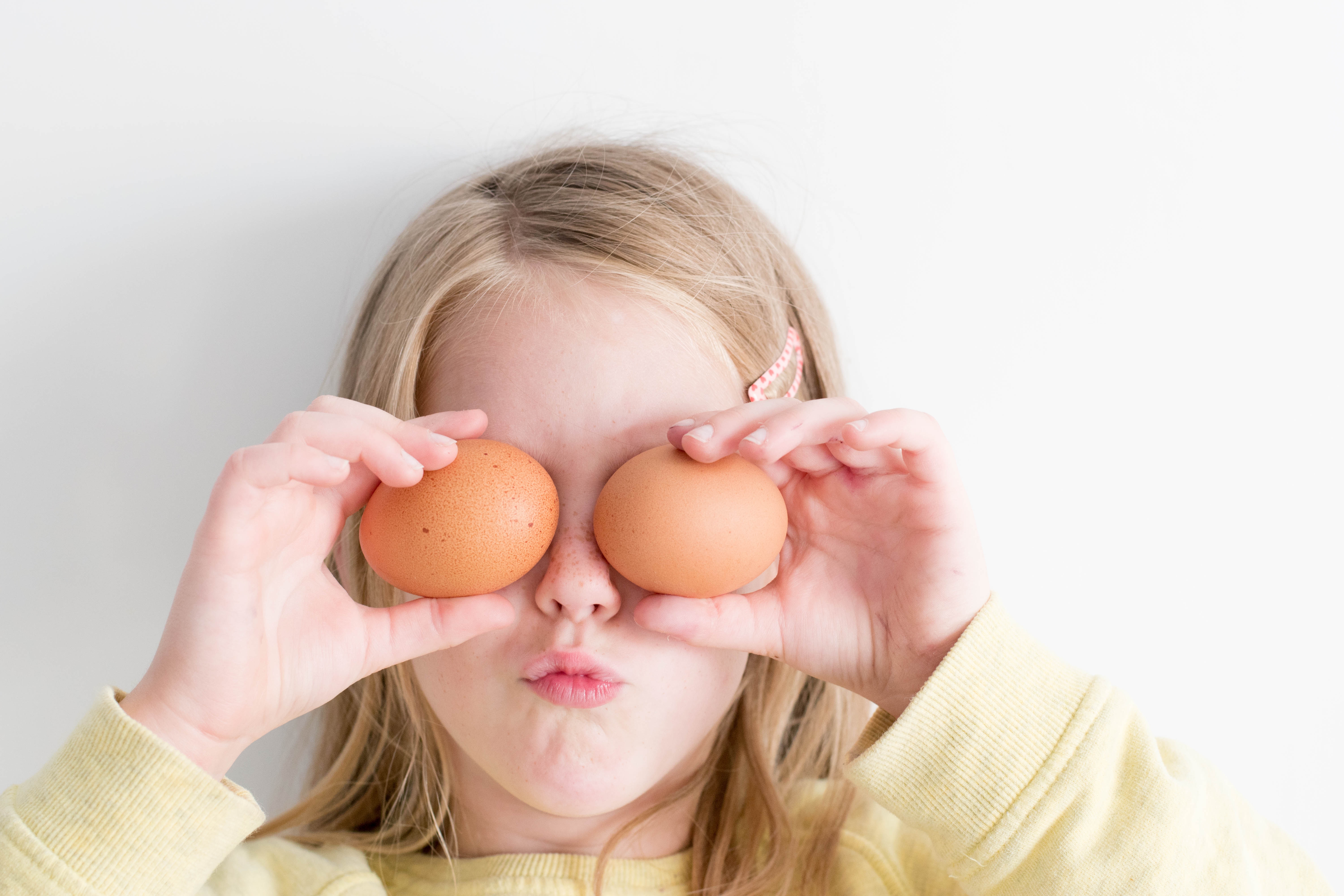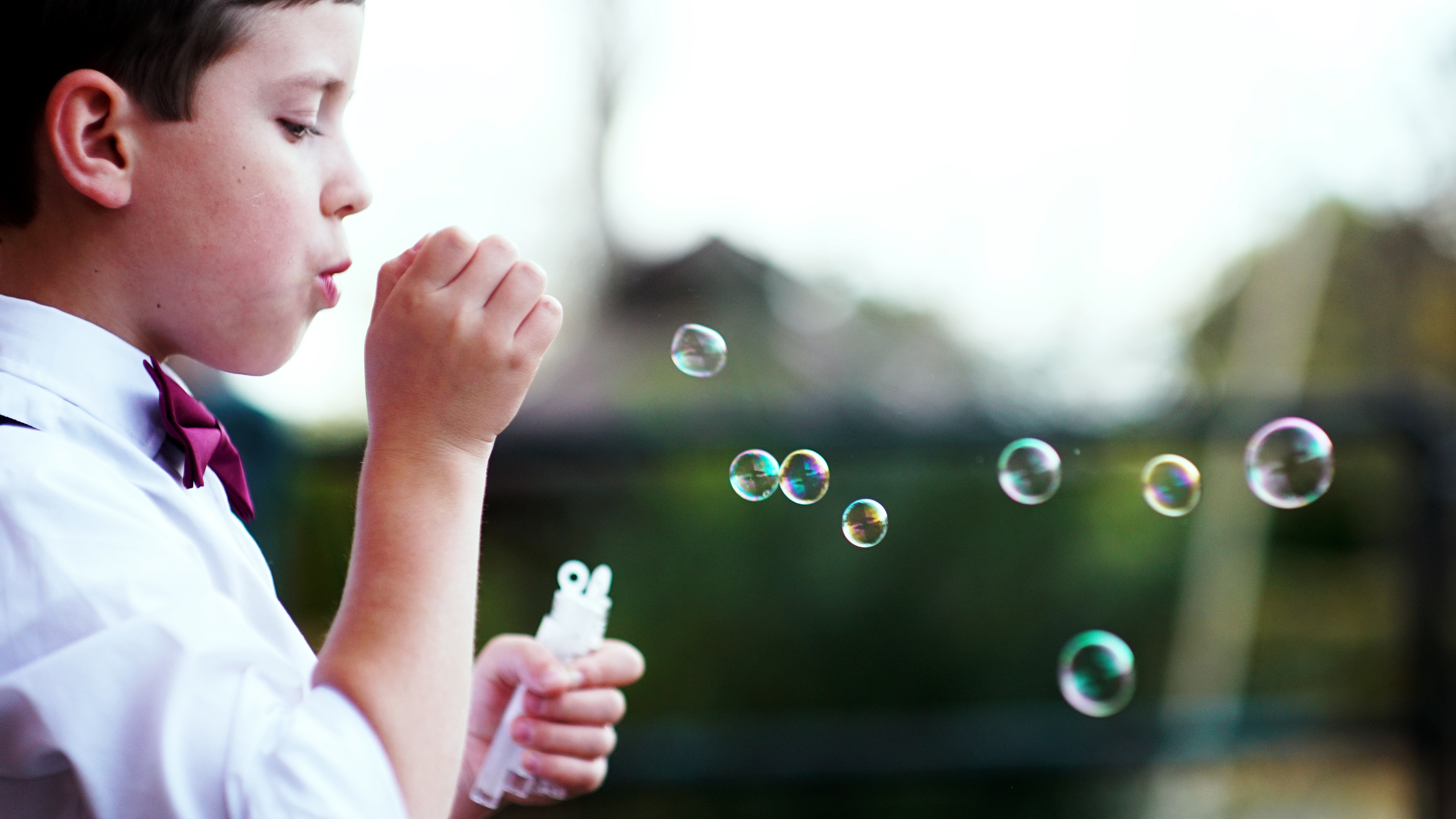How to teach your little ones about self-care
Most of us understand the importance of self-care and how it can help us maintain good physical and mental health. But have you ever considered how helpful it can be for kids to learn?
Our younger years are our formative years and present a great opportunity to learn positive and healthy habits, like self-care. Children are still learning how to regulate their emotions and when puberty hits, there’s a whole new world of emotional confusion.
Encouraging them to join in with self-care activities when they’re little, making it fun and exploring what they enjoy can help them learn how best to take care of themselves, physically and emotionally.
Here are some simple ways to teach your kids about self-care:
Practise what you preach
We hate to say it, but when it comes to teaching self-care, the lessons will always start with you. If you can model to your children that you take good care of yourself and that you make time for rest, they are more likely to follow suit.

Play the peak and pit game
This game helps kids develop self-awareness. In the evening, perhaps before bed, ask them what their peak of the day was, their best bit. Encourage them to explain why it was so good (this helps them cultivate gratitude).
Then ask them about their pit, their worst part of the day. Instead of dwelling on the negativity, encourage them to be curious about it - why did it make them feel bad? What have they learnt about themselves? How can they improve things tomorrow?
Introduce them to mindfulness
Whether you teach them the very basics of meditation or encourage them to try mindful activities (like colouring in or going for a mindful walk), introducing kids to mindfulness is another great way to develop self-awareness. They’ll learn to be present in the moment and listen to themselves.

Let them help you cook
Teaching kids to have a healthy and happy relationship with food will help them in their self-care practice as they grow older. A simple way to start this is by encouraging them to help you cook. Explain to them what you’re cooking, why you’re using certain ingredients and ask them how the food makes them feel after eating it.
This can help them learn to listen to their body’s hunger cues and eat what makes them feel good.
Have an at-home spa day
This can be especially helpful for older kids who are struggling with stress. Have a day at home when you indulge in a few spa-day activities. This could mean making your own facemasks, offering them a massage or simply burning some essential oils while you relax on the sofa.
Have a 60-second dance party
Having pent up energy or emotion is tricky for all of us to deal with, but kids tend to struggle with this moreso. A quick 60-second dance party is an easy way to help them expel some physical energy while expressing themselves. Encourage them to dance in a way that represents how they feel, then if they are happy to, maybe discuss their dance with them after.

Prioritise play!
As important as relaxation, self-care and emotional wellness is, it’s important not to forget the importance of play and being silly from time to time.
If they are taking their first exams or are feeling stressed, injecting some play time can help boost their mood and refresh their energy.


Comments